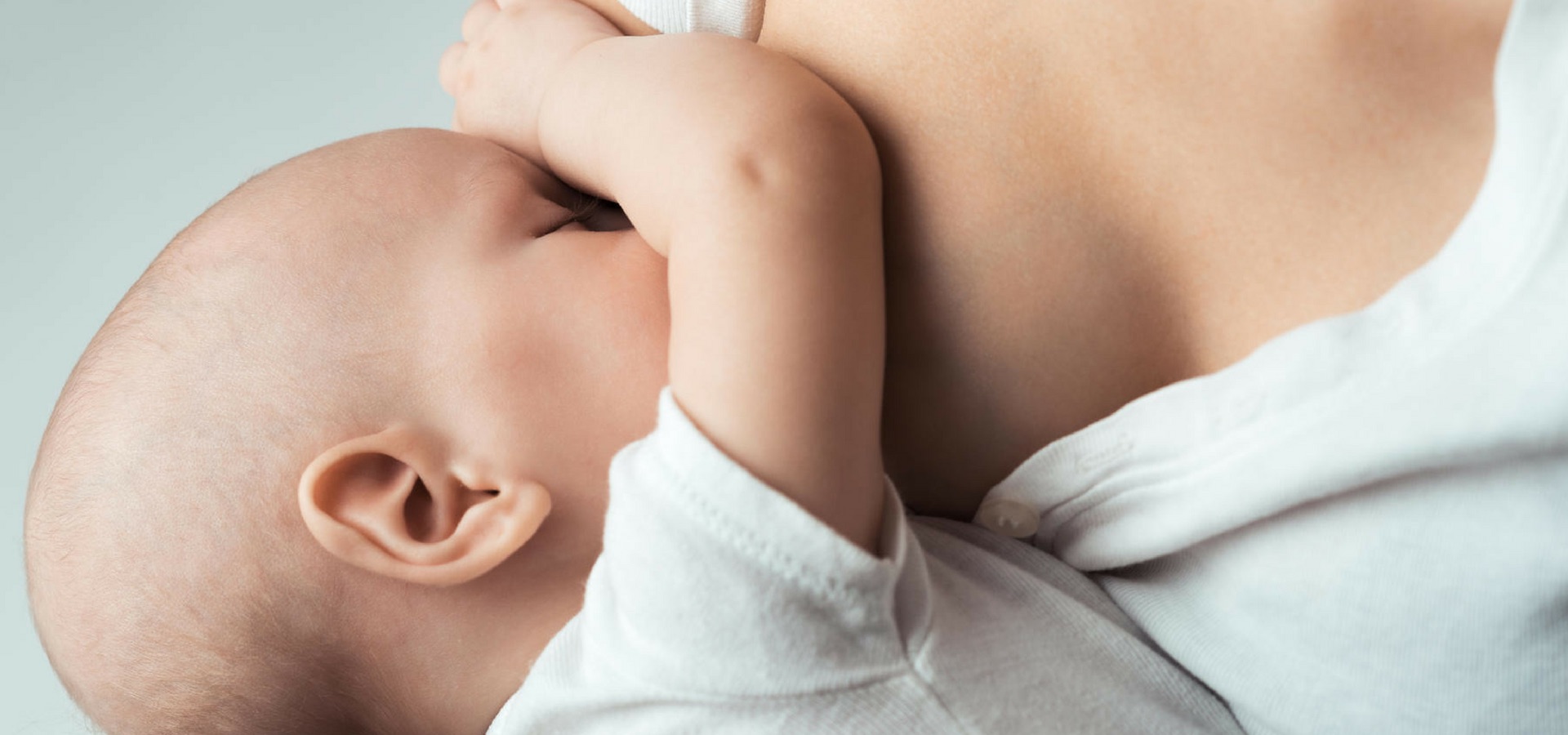One in every 20 women in Southern Africa will develop breast cancer at some point in their lives.* As we observe Breast Cancer Awareness Month in October, the South African Breastmilk Reserve (SABR) urges women to take action to reduce their risk of developing breast cancer.
“Many women understand the basics of breast cancer prevention, for example getting enough exercise, maintaining a healthy weight, and eating properly,” says Professor Suzanne Delport, breastfeeding activist and Medical Director of the South African Breastmilk Reserve (SABR). “Few realise that breastfeeding your child for at least a year significantly lowers the chance of contracting breast cancer later in life,” she continues.
While breastfeeding, the mother and infant are benefited simultaneously. Breastfeeding also improves long term outcomes for both mother and infant long after cessation, particularly outcomes related to cancer. A long period, six to twelve months, of breastfeeding:
- Decreases the risk of invasive breast cancer by 7%. This percentage translates into the annual prevention of 20 000 breast cancer deaths globally.
- Decreases the risk of ovarian cancer by 18%.
- Has long term beneficial effects on the health, nutrition, and the intellectual development of a child.
- Greatly reduces the risks of obesity and both type 1 and 2 diabetes in a child.****
Clinical studies have proven that producing breast milk tends to inhibit cells from “misbehaving” and becoming cancerous. Many women have fewer menstrual cycles while breastfeeding, which in turn lowers their oestrogen levels, which are a major cause of breast cancer. Women also tend to lead healthier lives while breastfeeding, and will often stop smoking and drinking alcohol while they are nursing.**
Breastfeeding also reduces the chances of your child developing childhood cancers. A recent study found that babies who were breastfed for at least six months appeared to have a 19% lower risk of childhood leukaemia compared to children who were never breastfed or were breastfed for a shorter period.***
“Of course, breastfeeding is just one factor in combatting breast cancer. Women should take as many precautions as possible to reduce their risk,” says Delport. “It’s vital that every woman in South Africa learns how to conduct breast exams on themselves and commit to having regular mammograms. Smoking is also a huge contributor, and quitting this habit can reduce your risk of all cancers enormously,” she continues.
Some women develop breast cancer before they have children, or even while they have a young child of breastfeeding age. “A breast cancer diagnosis doesn’t necessarily mean that you won’t be able to breastfeed,” says Delport. “Many breast cancer survivors go on to successfully nurse their infants. It’s important to explore all the options with your doctor, and not to give up hope,” she continues.
“Human milk banks exist, in part, to help those mothers who are unable to breastfeed at all,” explains Delport. “So even if you’ve had a double mastectomy, you’ll still be able to feed your child with nature’s perfect baby food,” she concludes.
To get involved and alleviate the challenges faced by the South African Breastmilk Reserve (SABR), including the low breastfeeding rates in South Africa, sourcing donor mothers, and funding for the operation of the milk banks, please visit www.sabr.org.za or call 011 482 1920 or e-mail: [email protected].
We understand that there are many aspects that encompass a Mother, Father or Child and strive toward providing resources and services that accommodates this.
Our content is aimed to inform and educate families on issues starting from pregnancy through to the challenges of the teen-age years.
- Say Hello to the Ultimate Holiday Brunch Bite - December 17, 2025
- Tiny Toons Looniversity Returns: Meet the Voice Behind Plucky and Hamton! - December 12, 2025
- From Pain to Possibility: Panado®’s New Marketing Campaign, Highlights The Joy Of Pain Relief - December 10, 2025





